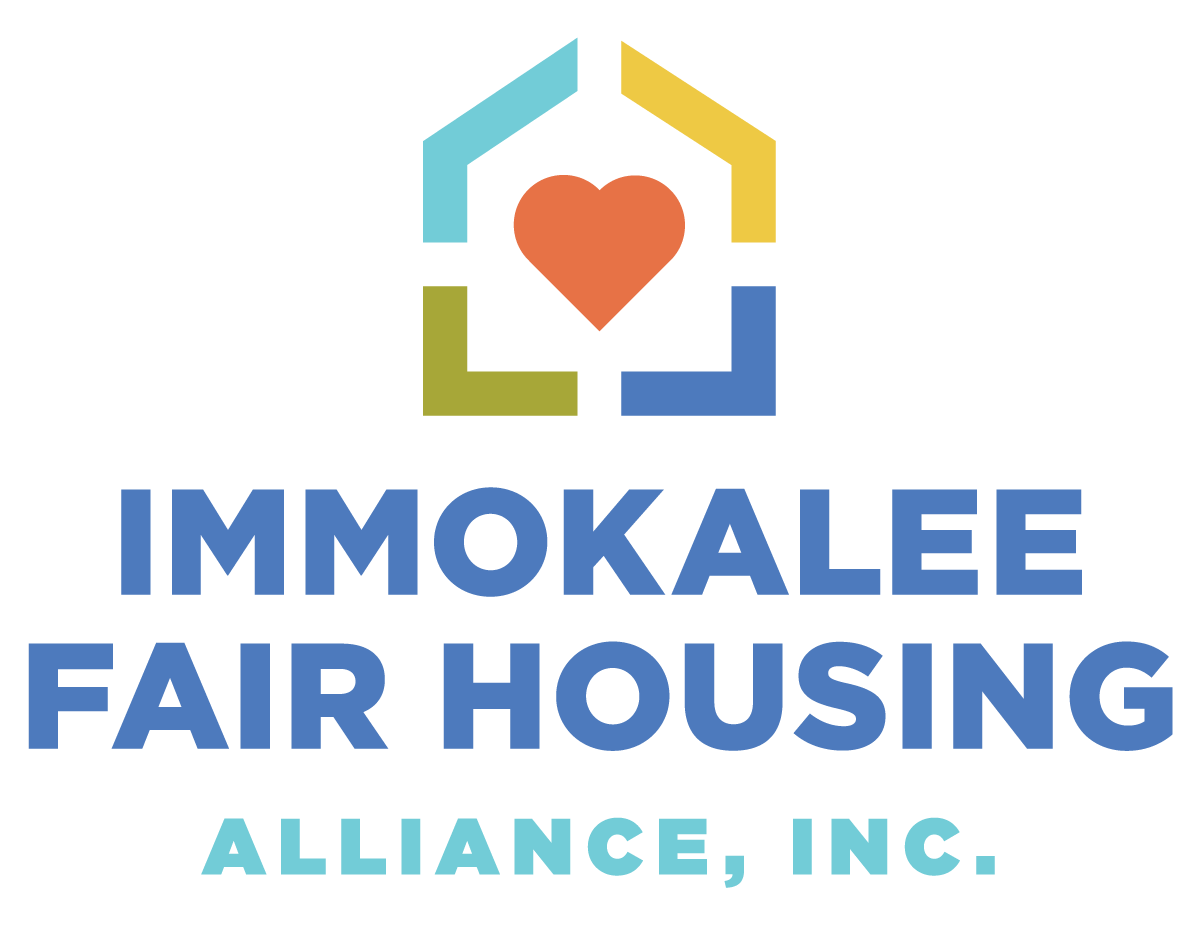A Family In Need
We are often asked who will be living in our IFHA community. We usually answer in generalities, but recently at a reception at Arthrex, a family of five hoping to rent one of our units joined us and spoke passionately about the need. Actually, only Bernabela and her children Eddie (17), Ashley (10) and Kimberly (8) spoke, as their father Odulio was working at his landscaping job and was unable to attend.
The family arrived in the US some 12 years ago, and both parents started out as migrants, working the fields in Florida, Georgia and Virginia for several years. When Odulio landed the job in landscaping in Immokalee, Bernabela found work in elder care, and so their children didn’t have to be uprooted during the school year anymore. Both parents have U-visa applications pending which would give them legal residency in the US. Based on their applications, they were granted permission to drive and Odulio has a license. Can you imagine not having that capability? The limitations on what you can do, where you can go are enormous, not to mention the additional expense of paying for rides to make all essential trips to stores, doctor’s appointments and work. Unfortunately, however, the slowdown and backlog on processing applications leaves them with no feeling of security.
Bernabela told us of the frustration she and Odulio felt as they worked to provide for their children. “The opportunities are so limited.” However, always seeking a better future, the parents did manage to get each of the children into special summer programs with the Guadalupe Center and the Boys and Girls Club.
As to living conditions, Bernabela explained that after Hurricane Irma, a dispossessed family of five moved into their dilapidated three room trailer, and at times they have had as many as 12 people staying there. The only way to sleep is with mattresses on the floor. Eddie says that he and his sisters have no place for themselves, no quiet area to study, no place for books, no privacy. “There are holes in the floor and ceiling, no ventilation, no air conditioning, rodents everywhere.” The children are frequently sick with respiratory infections due to the mold in the trailers. “You can clean until your fingers are bleeding but you can’t get the mold out of the walls,” said Bernabela. Per Ashley, “I was afraid to go to the bathroom because of the holes in the floor. One time I saw a snake come through the holes.“ As a result, Ashley had digestive problems that required medical treatment.
Eddie will be a senior at Immokalee High in the fall, and he wants to go to college, but when your parents are paying upwards of 60% of their income in rent, there isn’t much left for living necessities, much less college. Yesenia, a cousin who lives with them now (yes, living arrangements are complicated when options are limited), earned a scholarship to Valencia College next year, but she can’t afford the room and board, so she is hoping to study online and work with the hope of eventually studying on campus. Both Eddie and Yesenia are planning to study architecture if they have the opportunity.
Bottom line, these are close-knit families, but it is hard to raise children and provide them with pathways to a brighter future in these conditions, so unless something changes, the cycle of poverty will continue. It is hard to put into words the emotions you feel when a ten year old girl tells a room full of adults that she is afraid to use the bathroom in her “home.”

